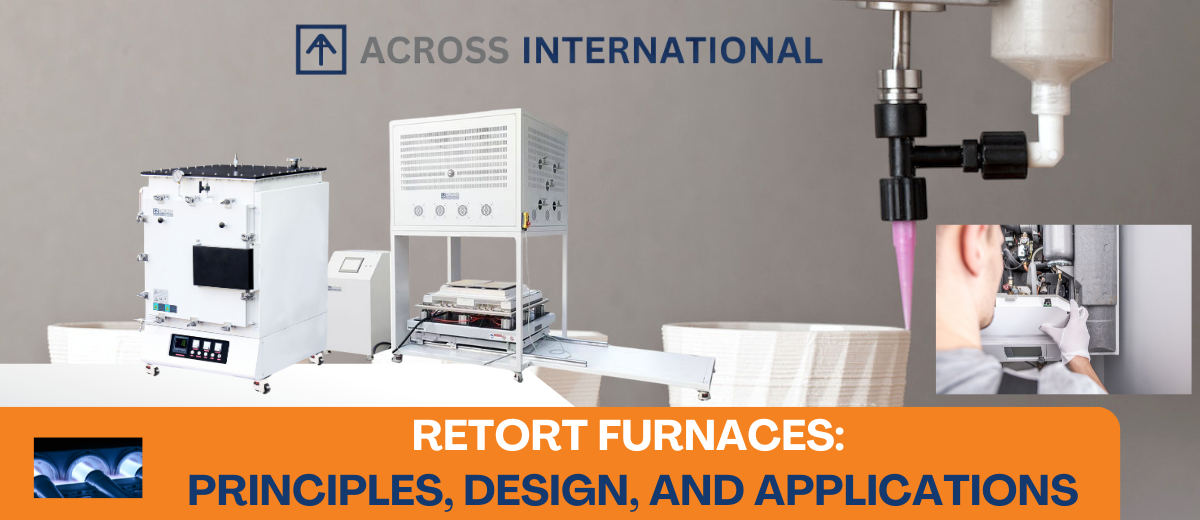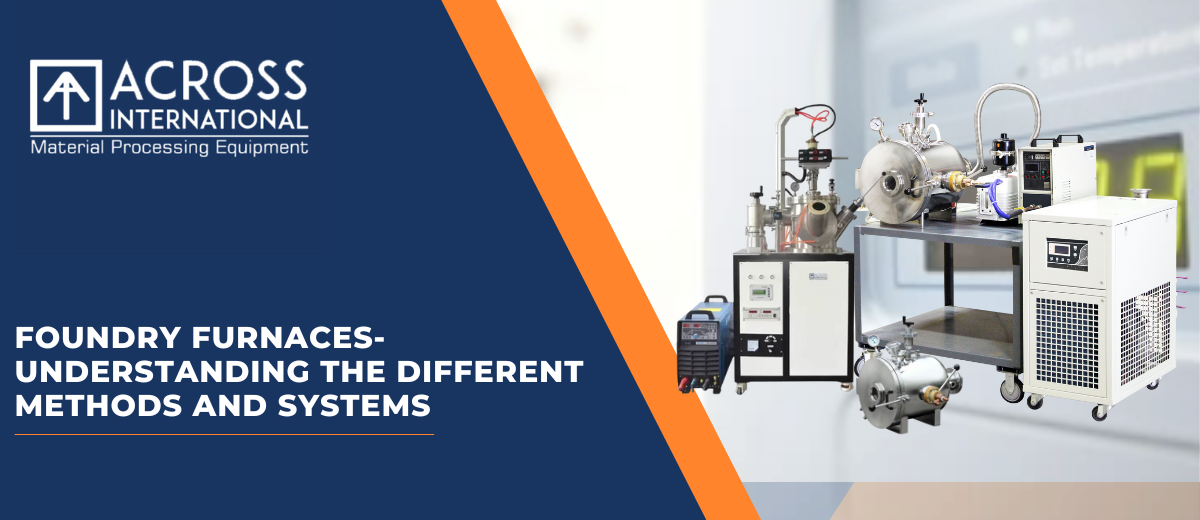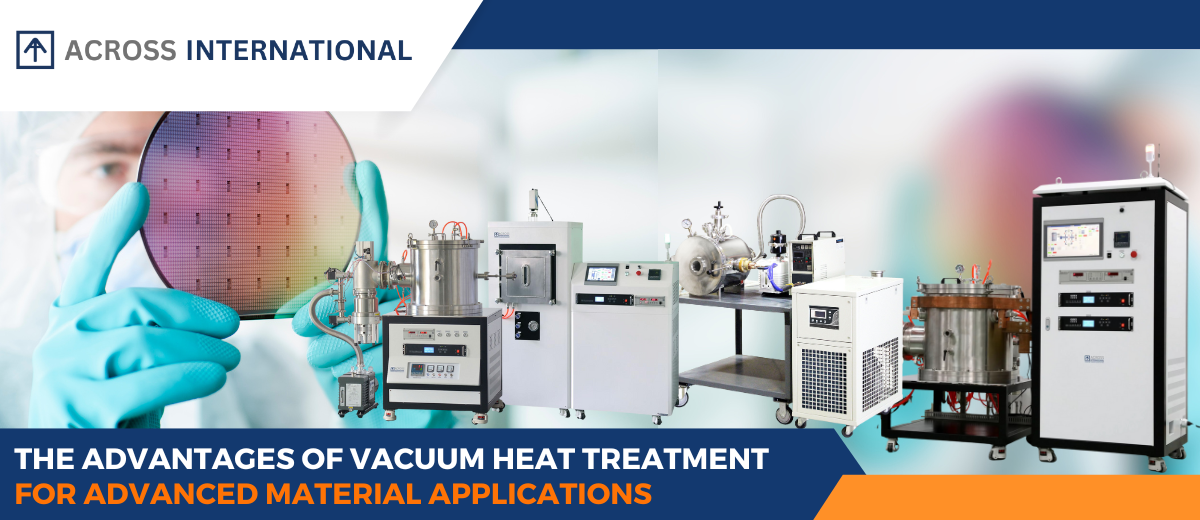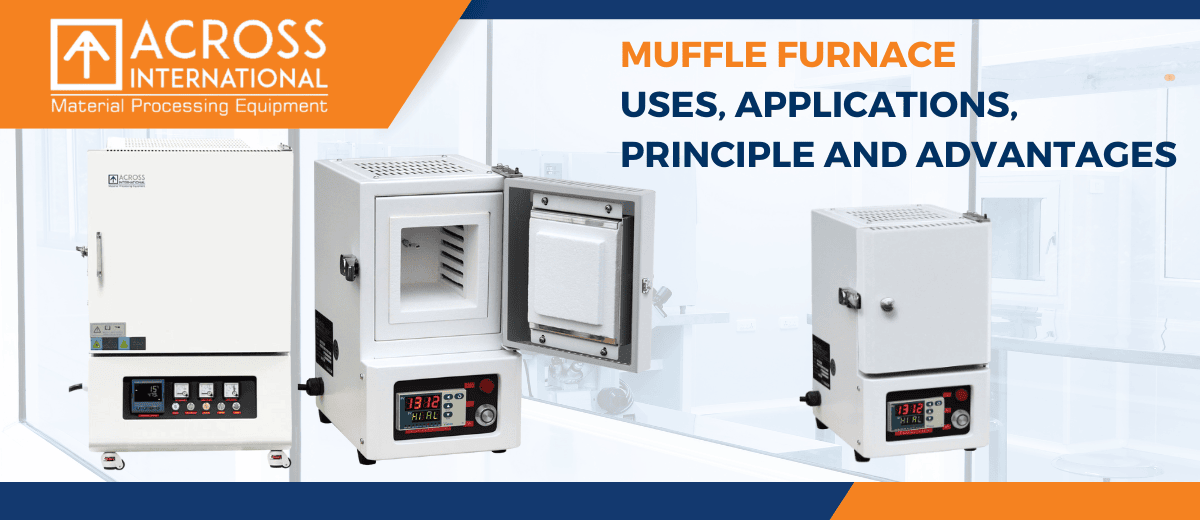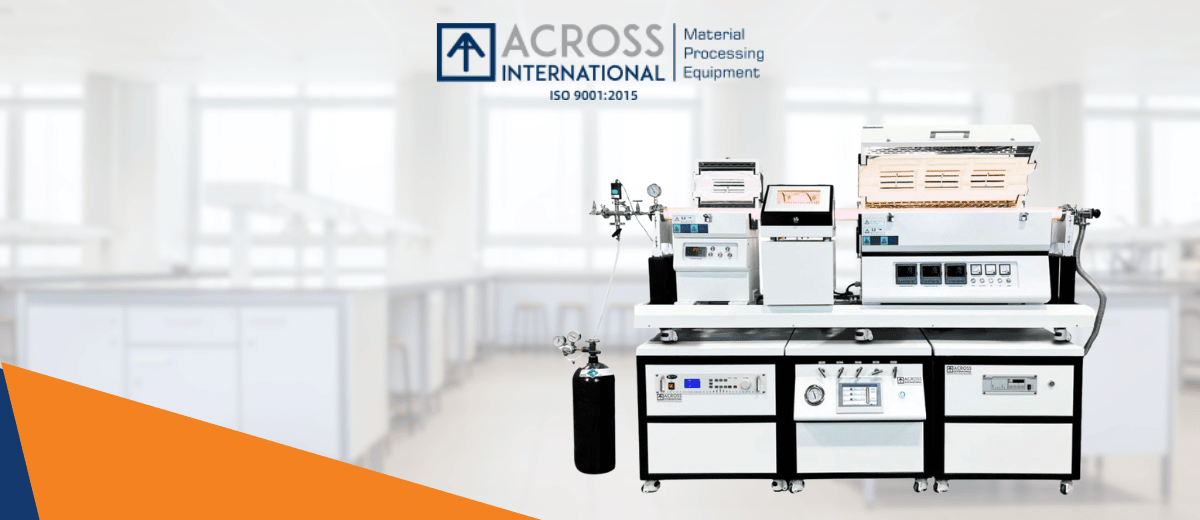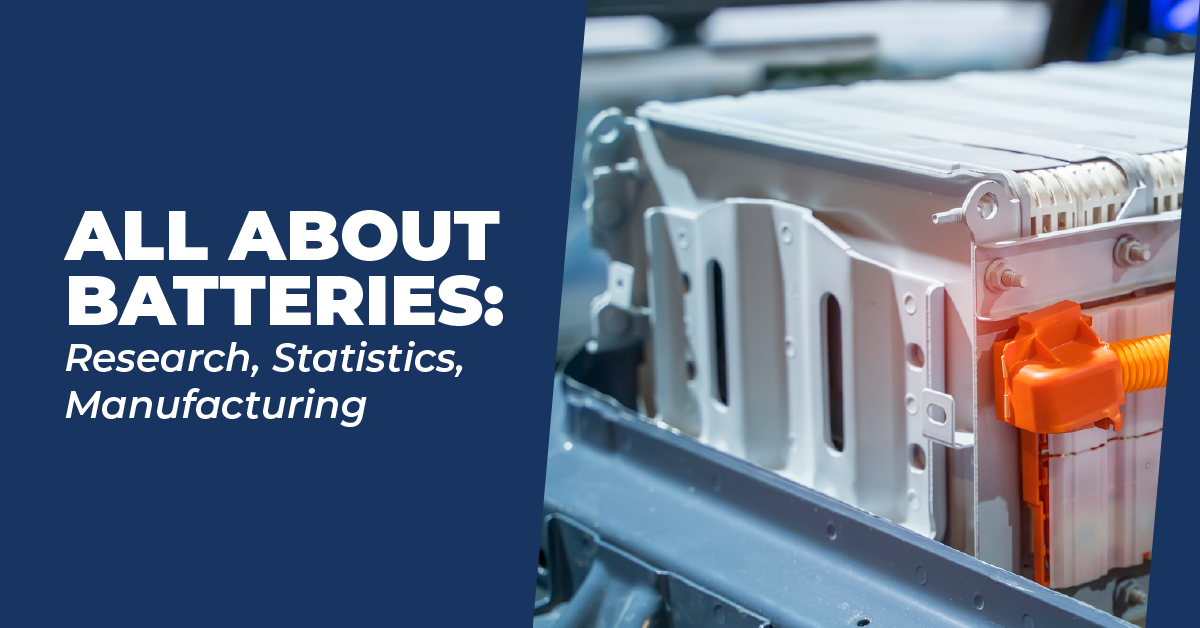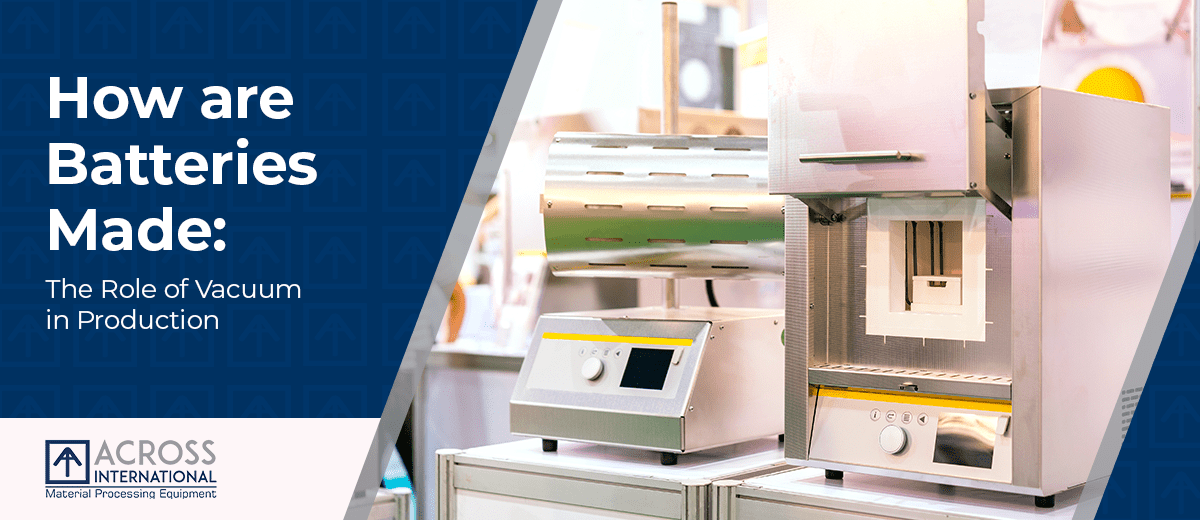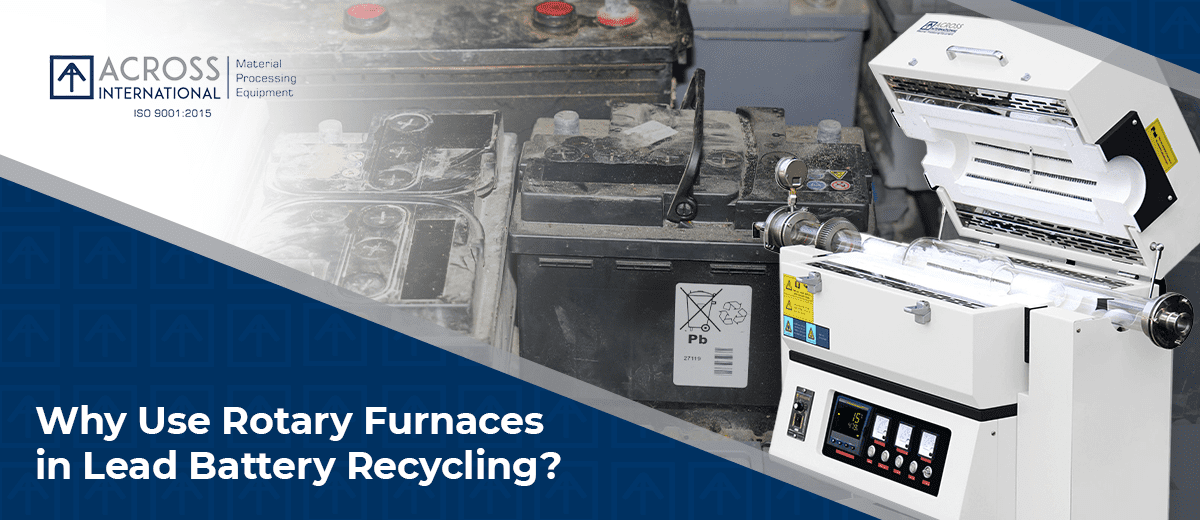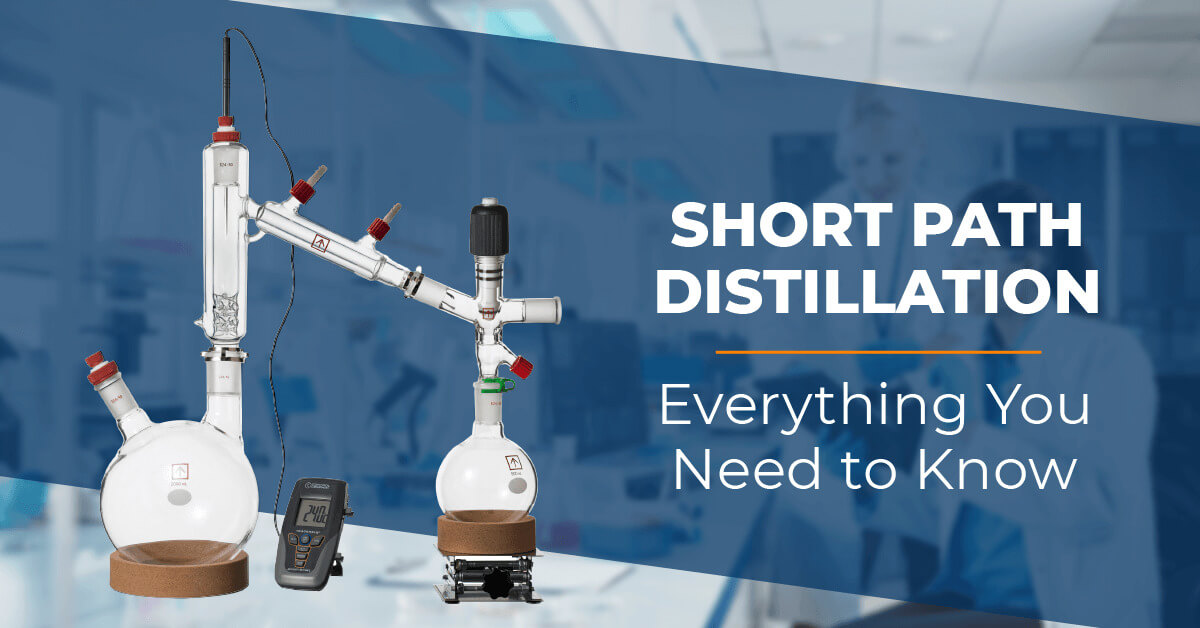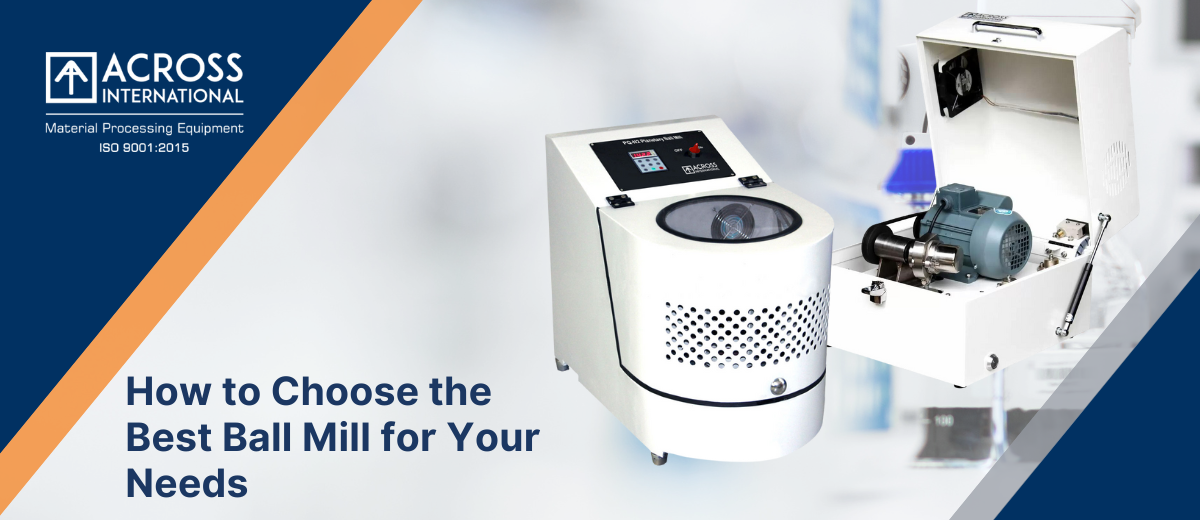
Having a laboratory mill on your premises has various benefits, but you must have the proper equipment to get the most out of your investment. When evaluating lab ball mills, you should consider the following:
When choosing the best ball mill for your purposes, you must consider a number of parameters unique to your application. Here are some crucial points to consider:
Material to be Milled: Is it firm or soft? Abrasive or corrosive? Does it react with specific materials? Identifying these parameters can help identify the type of grinding media and mill lining required to prevent contamination or wear.
Starting and Target Particle Sizes: How fine should the material be? Different mills
How fine should the material be? Different mill types and setups excel at producing certain particle sizes.
Different Types of Ball Mills
Horizontal Ball Mills:
Horizontal ball mills are the most common type of ball mill. The rotating drum lies horizontally on its side and contains many balls. The material to be ground is fed into the drum and is gradually ground by the movement of the balls. The grinding process is more efficient and uniform than with other types of ball mills, making it ideal for large-scale operations. Horizontal ball mills are often used for fine powders and pigments.
Vertical Ball Mills:
Vertical ball mills are like horizontal ball mills in that they also contain a rotating drum filled with grinding media. However, the drum is positioned vertically, allowing for a more efficient grinding process. Vertical ball mills are ideal for grinding and dispersing pigments, dyes, and other materials that require a finer texture.
Industrial Ball Mills:
Industrial ball mills are larger and more powerful versions of horizontal and vertical ball mills. They are used for large-scale production and can process massive quantities of material. Industrial ball mills are typically used in the chemical, cement, mining, and pharmaceutical industries. For example, industrial ball mills are used to grind coal for power generation, to grind limestone for cement production, and to grind ores for metal recovery.
Planetary ball mills are a type of vertical ball mill in which the jars are arranged eccentrically on the sun wheel. The jars rotate around their own axis and in the opposite direction around the sun wheel, creating high energy impacts between the balls and the sample material. Planetary ball mills are ideal for small-scale applications and are often used in nanotechnology, materials science, and pharmaceuticals. For example, planetary ball mills are used to produce nanoparticles for drug delivery applications and to grind materials to an exceptionally fine powder for use in coatings and paints.
High Energy Ball Mills can be classified as a type of planetary ball mill, as they share many of the same design characteristics, including rotating jars that revolve around a central axis. However, High Energy Ball Mills are distinct in their high kinetic energy and greater number of impacts per minute, which make them particularly suited for the synthesis of materials with complex chemical and physical properties, such as metallic glasses and nanocrystalline materials.
When choosing between planetary ball mills and roller jar mills for your lab, there are several factors to be considered.
Final particle size: Planetary ball mills can achieve much finer particle sizes of less than a micron than roller jar mills. If you need to grind your material to a very fine powder, a planetary ball mill is the better option.
Efficiency: Planetary ball mills are more efficient than roller jar mills. They can grind materials more quickly and evenly.
Total volume of material: Planetary ball mills have a smaller capacity than roller jar mills. If you need to grind a large amount of material, a roller jar mill is the better option.
Cost: Planetary ball mills are more expensive than roller jar mills. If you are on a budget, a roller jar mill may be the better option.
Custom-built planetary ball mills that meet customers’ specific requirements are also available upon request. If you don’t see a planetary ball mill or roll jar mill that you want on our website, please contact us to speak with a Tech Specialist.


